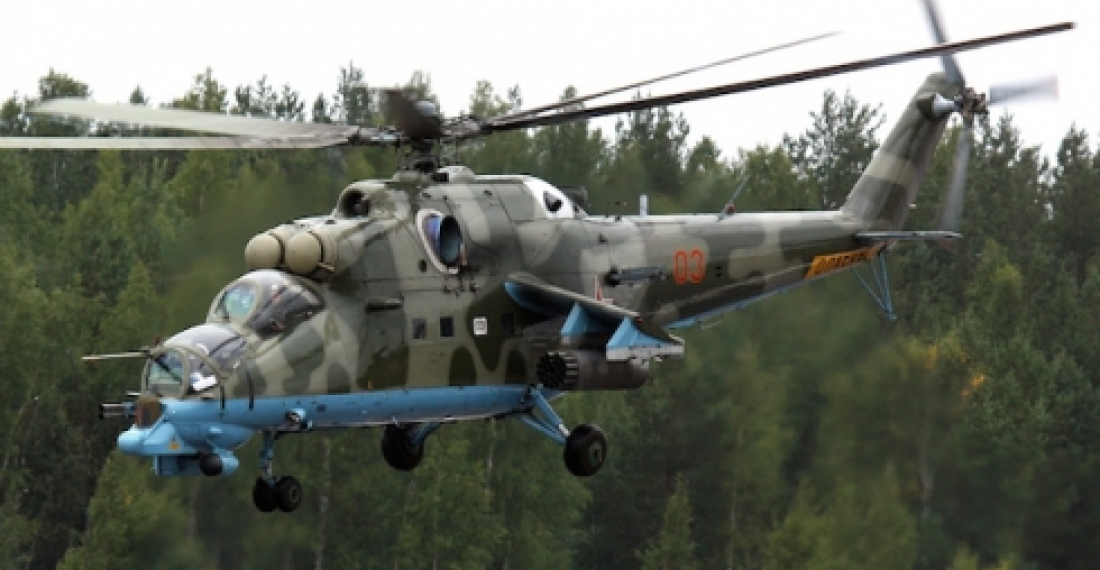The worst fighting in Nagorno-Karabakh since 1994 broke out between Armenian and Azerbaijani forces on Saturday, with heavy casualties reported on both sides.
The Azerbaijani defence ministry said 12 of its soldiers were killed, while the Armenian president said 18 soldiers were killed and 35 wounded.
Both sides are blaming the other for the outbreak, which marks the end of a truce which observed over the Easter and Nowruz holiday period.
Tensions have been increasing sharply over the past few months.
Russian President Vladimir Putin, and Federica Mogherini, the European Union’s foreign policy chief, have both called for a ceasefire.
In response to the crisis the OSCE Minsk Group, which is trying to find a solution to the Karabakh conflict, will meet in Vienna early next week.
An Azerbaijani source (APA.az) is reporting that Jalal Rahimov, an internally displaced person in Garagaji district, was killed by an Armenian shell, and that his son Orkhan has lost his legs.
An Armenian source (Armenpress) said an MM-21 Grad was fired at Martuni in Nagorno-Karabakh at 8.30am on Saturday morning, killing 12 year old Vaghinak Grigoryan and wounding two other children.
The two other children, aged 12 and 13, are in a critical but stable position in a Stepanakert hospital, according to Armenpress.
Armenian Ministry of Defence spokesman Artsrun Hovhannisyan said an Azerbaijani helicopter was shot down because it was threatening Armenian positions.
"The Azerbaijani Mi 24/35 helicopter was shot down in the eastern part of the Mrav mountain," he said.
Azerbaijani confirmed some of its soldiers were killed in this incident, and others by an anti-tank mine.
The Armenian soldiers were killed by “air forces, all kinds of artillery and all kinds of armored vehicles”, according to President Sargsyan.
SOURCE: commonspace.eu, APA.az, Armenpress
Photo: Russian Mi-24PN, similar to the helicopter which was allegedly downed







